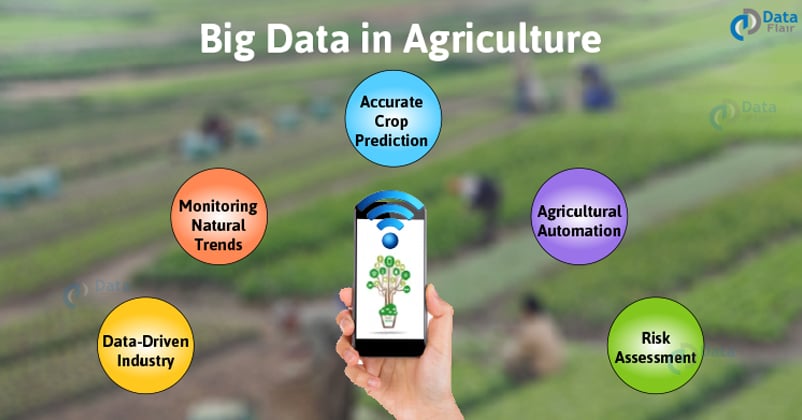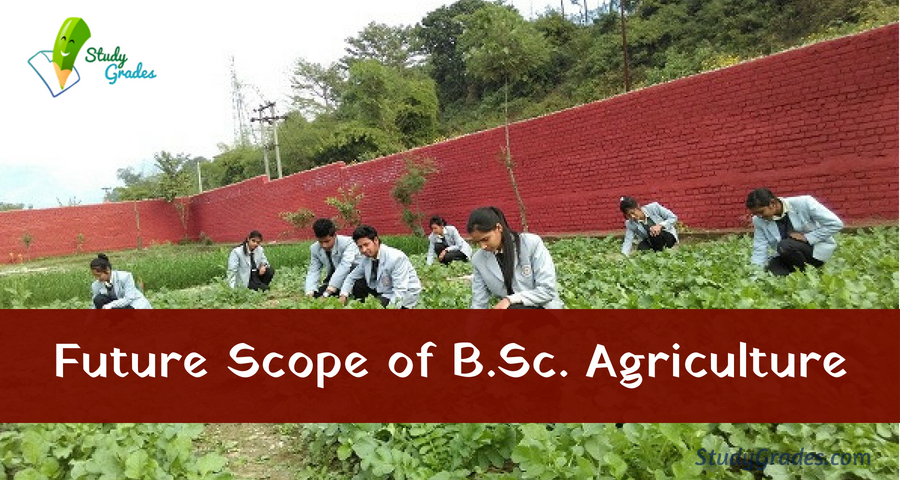Saturday, February 27, 2021
Thursday, February 25, 2021
 February 25, 2021
February 25, 2021 Agri Krishi
Agri Krishi what is animal husbandry, what is called animal husbandry
what is animal husbandry, what is called animal husbandry No comments
No comments
Animal Husbandry Meaning
“Animal husbandry is the branch of agriculture where animals are reared, bred and raised for meat, fiber, eggs, milk and other food products.”
What is Animal Husbandry?
Creature cultivation alludes to animals raising and specific reproducing. It is the administration and care of creatures where the hereditary characteristics and conduct of creatures are additionally produced for benefit. Countless ranchers rely on animal cultivation for their vocation.
Creatures furnish us with an assortment of food items which have high dietary benefits. Subsequently, they require a ton of care and consideration.
Creatures are reared financially to satisfy the significant need for food. Dairy items from creatures like cows, wild oxen, goats, are rich wellsprings of protein. These creatures are called milch creatures as they furnish us with milk.
Another arrangement of creatures that give supplement rich food are hen, ducks, goose, and so forth They furnish us with eggs, which again are rich wellsprings of protein.
Creatures like chicken, duck, bull, goat, pigs, and so forth are reared for meat. Other than these homegrown creatures we have different wellsprings of supplements too, they are marine creatures. The fish we eat has extremely high supplement esteems. They are wellsprings of an assortment of supplements like fat, proteins, nutrients and minerals.
The consideration, rearing, the executives, and so on of creatures are especially checked under the division of creature farming. Creature cultivation is a huge scope business. The animals are reproduced, minded, raised and shielded in a ranch or locale, which are extraordinarily worked for them. Animal cultivation includes poultry, milk-ranches, apiculture (honey bee agribusiness), hydroponics, and so forth
Role of Animal Husbandry in Human Welfare
Animal husbandry is beneficial to human beings in the following ways:
Dairy Products
Animals such as cows, goats, sheep, etc. are the major source of milk and milk products such as yoghurt, cheese, butter, etc.
Meat
Animals such as cows, buffaloes, pigs, and goats are reared for their meat. Their meat is a rich source of dietary protein.
Land Management
The livestock is sometimes grazed to control the growth of weeds on agricultural land. The dry shrubs in the areas that are prone to wildfire are eaten by goat and sheep, which reduces the risk of fire.
Fiber
Animals also produce fibers or textiles such as wool and leather. For eg, sheep are reared for wool whereas leather can be obtained from camel.
Manure
The excreta, blood and bones of animals are used as manure. The manure is spread on the fields to increase the crop yields and crop production. It is also used as fuel for fires and as plaster for walls and floor.
Labor
Animals are a source of non-human labor. They are used for ploughing fields, transporting goods and military functions. For ag., horses, yaks and donkeys are used for such purposes.
Advantages of Animal Husbandry
Animal husbandry has the following advantages:
- Animal husbandry helps in the proper management of animals by providing proper food, shelter and protection against diseases to domestic animals.
- It provides employment to a large number of farmer and thereby increases their living standards.
- It helps in developing high yielding breeds of animals by cross breeding. This increases the production of various food products such as milk, eggs, meat, etc.
- It involves the proper disposal of animal waste and promotes a healthy environment
Wednesday, February 24, 2021
 February 24, 2021
February 24, 2021 Agri Krishi
Agri Krishi B.Sc. Agriculture Career
B.Sc. Agriculture Career 1 comment
1 comment
Want to pursue a course in Agriculture? Find out what is taught in a course in the field of Agriculture and the job opportunities available on completing the course.
Who should pursue BSc Agriculture?
Class 12 Science students with basic interest in the agriculture sector should opt for BSc Agriculture.
Agriculture Course content and duration
It is a 4-year undergraduate bachelors degree program, which generally includes agriculture science, use of modern scientific equipment and techniques in agriculture, land surveying, soil science, water resource management, animal and poultry management, basics of biotechnology etc. The aim of the program is to train students improve agriculture productivity, manage products and contribute to future development of the sector through research activities.
What do you study in BSc Agriculture?
A BSc in Agriculture equips students with all-round knowledge of sector and normally includes the following:
- Agronomy: Basics of Agronomy, Kharif and Rabi Crop, Crop Protection, Weed Management, Irrigation Techniques, Water Resource Management, Organic Farming, Sustainable Agriculture.
- Plant Genetics: Botany, Basics of Genetics, Plant Breeding, Seed Technology, Basics of Biotechnology.
- Soil Science: Introduction to Soil Science, Soil Fertility, Soil Chemistry, Fertilizers, Agricultural Chemistry.
- Entomology: Pest Management, Beneficial Insects, Grain Storage and Management.
- Agricultural Economics: Market prices, Trade prices, Marketing, Finance, Agribusiness Management, Farm Management.
- Agriculture Engineering: Agriculture Machinery, Power and Tools, Harvest Technology, Environment Science and Engineering, Renewable Energy.
- Agricultural Meteorology: Climate patterns, Climatic hazards on Agriculture, Climatic Zones, Weather forecasting.
- Plant Pathology: Crop Diseases, Nematology.
- Horticulture: Fruit Crops, Medicinal Plants, Aromatic Plants, Flower Production, Spices, Plantation Crops.
- Agricultural Extension: Dimensions of Agricultural Extension, Extension Methodologies, Entrepreneurship Development program.
In all the above areas of study, practical sessions related to theoretical knowledge are also built into the course. There are some elective courses, study tours, field trips, in some semesters. These vary from university to university.
What are the job opportunities and salary after graduation in Agriculture course?
There are plenty of government as well as private sector jobs available for BSc Agriculture graduates. They can be appointed as Research Officer, Quality Assurance Officer, Agriculture Officer, Agriculture Loan Officer (in Banks), Production Manager, Operations Manager and Farm Manager with State agriculture departments.
In the private sector, agriculture science graduates may find jobs as managers at plantations, as officers at fertilizer manufacturing firms, agriculture machinery industries, agricultural products marketing firms, food processing units etc. The average starting salary of these officers is generally between Rs 5 to 6 lakh per annum (including incentive). And as you gain years and experience, the scope for better remuneration is immense.
After doing BSc Agriculture, one may also go for MSc Agriculture and take up a teaching job, or even go for a PhD and build a career in Agricultural Research.
Wednesday, February 17, 2021
 February 17, 2021
February 17, 2021 Agri Krishi
Agri Krishi No comments
No comments
B.SC. -
Agriculture Syllabus
First Year:
2. Fundamentals of Agribusiness Management.
3. Agricultural Finance and Co-operation.
4. Plant Biochemistry.
5. Production Economics and Farm Management.
6. Agricultural Marketing, Trade and Prices.
7. Rural Sociology and Constitution of India.
8. Introduction to Computer Applications.
9. Educational Psychology.
Second Year:
2. Crop Rest and their Management.
3. Economic Entomology.
4. Energy Sources and their Application in Agriculture.
5. Farm Power and Machinery Sericulture.
6. General Entomology.
7. Protected Cultivation Structures and Agro-Processing.
Third Year:
2. Agricultural Microbiology.
3. Entrepreneurship Development and Communication Skills.
4. Soil Microbiology.
5. Extension Methodologies for Transfer of Agricultural Technologies.
Forth Year:
1. Fundamentals of Statistics.
2. Irrigation Water Management.
3. Practical Crop Production - 2.
4. Farming System, Organic farming and Sustainable Agriculture.
5. Weed Management.
6. Introductory Agriculture, Principles of Agronomy and Agricultural Meteorology.
7. Rain-fed Agriculture and Watershed Management.
8. Experimental Techniques in Agricultural Research.
9. Field Crops - 1 (Kharif).
10. Field Crops - 2 (Rabi).
11. Practical Crop Production - 1.
Other Popular Courses :
- ·
Actuarial Science
- · Agriculture
- · Anthropology
- · Electronics
- · Geology
- · Horticulture
- · Microbiology
- · Zoology
- · Forensic Science
- · Life Sciences
- · Genetics
- · Statistics
- · Home Science
- · Computer Science
- · Biological Sciences
- · Environmental Studies
- · Forestry
- · Radiotherapy
- · Medical Lab Technology
- · Digital Animation
- · Merchant Navy
- · Biochemistry and Industrial Microbiology
- · Animation & VFX
- · Hardware & Networking
- · Information Technology (IT)
- · Physics
- · Chemistry
- · Biotechnology
- · Psychology
- · Post Basic B.Sc. Nursing
- · Nursing
- · Mathematics
- · Cardiac Care
- · Botany
- · Information Technology (IT)
- · Optometry and Ophthalmic Technology
- · Dialysis Techniques
- · Visual Communication
- · Respiratory
- · Food and Nutrition
- · Occupational therapy
- · Fashion Designing
- · Graphic Designing
- · Interior Design
- · Graphics & Gaming
- · Medical Sociology
- · Fashion Technology
- · Animation
- · Advanced Sericulture
- · Hospitality and Hotel Administration
- · Agriculture Business Management
- · Culinary Arts
- · Airline and Airport Management
- · Travel & Tourism Management
- · Analytical Chemistry
- · Yoga
- · Radiology
- · Physician Assistant
- · Multimedia & Animation
- · Physiotherapy
- · Physiology
- · Critical Care technology
|
|
|
|
|
|
|
|
|
|
|
|

















